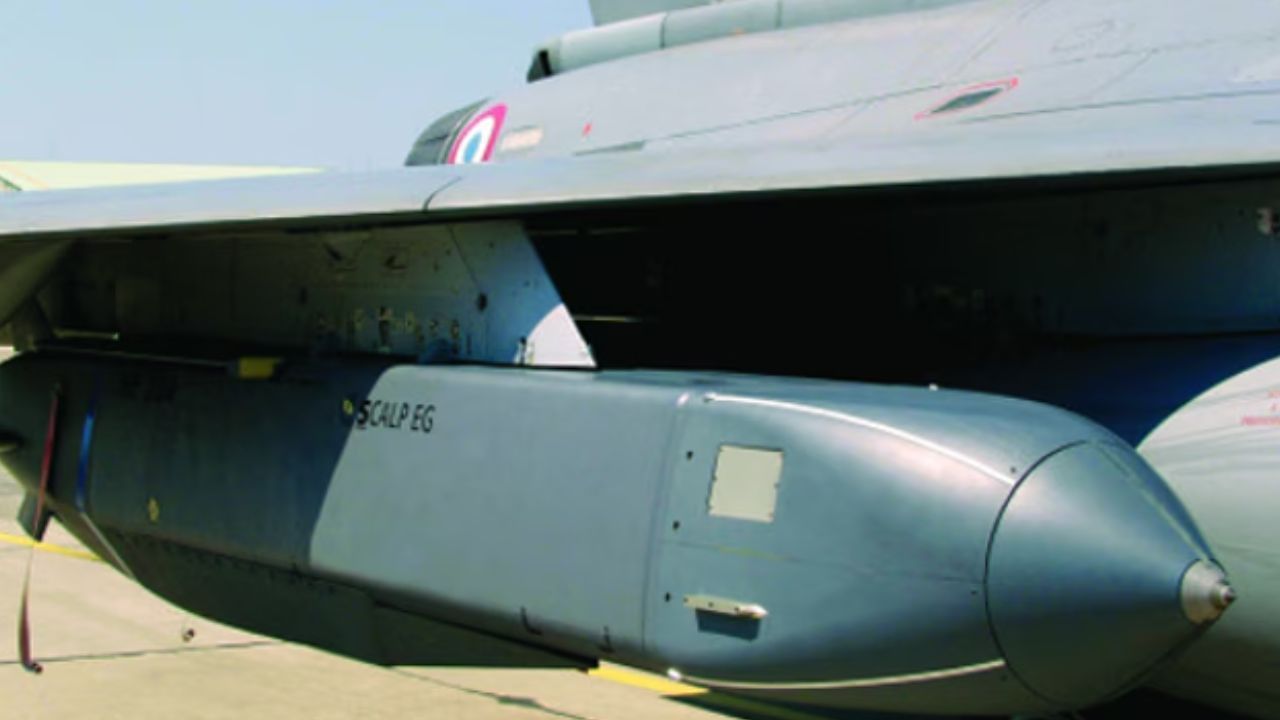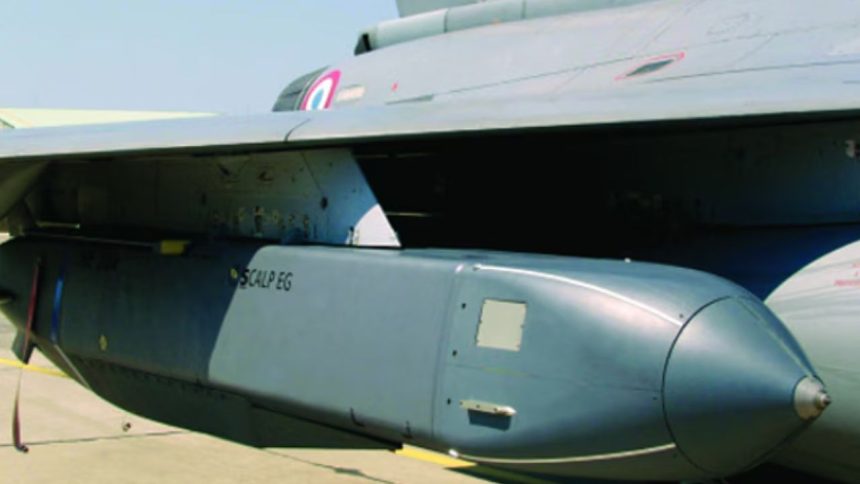
New Delhi: In a swift and coordinated retaliatory strike under Operation Sindoor, the Indian Armed Forces unleashed a barrage of advanced weaponry deep inside Pakistani territory early Wednesday, targeting major terror infrastructures. Precision strikes using Scalp cruise missiles and HAMMER precision-guided bombs, fired from Rafale jets, inflicted heavy damage on terrorist camps and leadership hubs linked to Jaish-e-Mohammed (JeM) and Lashkar-e-Taiba (LeT).
Nine strategic locations, including Bahawalpur, Muridke, Muzaffarabad and Kotli, were hit with high-accuracy munitions. It is one of India’s most significant cross-border counter-terrorism operations to date. According reports, no Indian aircraft crossed into Pakistani airspace, as the long-range missiles were fired from within Indian territory with support from naval assets.
Scalp missile and HAMMER bombs
“The objective was clear — to dismantle the operational backbone of terror outfits responsible for the recent Pahalgam massacre,” an official said, referring to the April 22 attack in Jammu and Kashmir where 26 civilians were killed by Pakistan-based militants, India Today reported.
The Scalp missile, known for its stealth, deep-penetration capability and precision targeting, struck high-value command centres and fortified bunkers. Simultaneously, HAMMER bombs, famed for their agility and bunker-busting potential, destroyed training camps and weapons depots.
Strategic meetings by Doval
India’s intelligence agencies had identified the targets. National Security Adviser Ajit Doval reportedly convened over 15 strategy meetings before the operation. Prime Minister Narendra Modi, who cancelled an overseas trip, closely monitored developments from New Delhi.
Following the strikes, Pakistan acknowledged the damage — a departure from its earlier denials in past incidents — and threatened retaliation.










